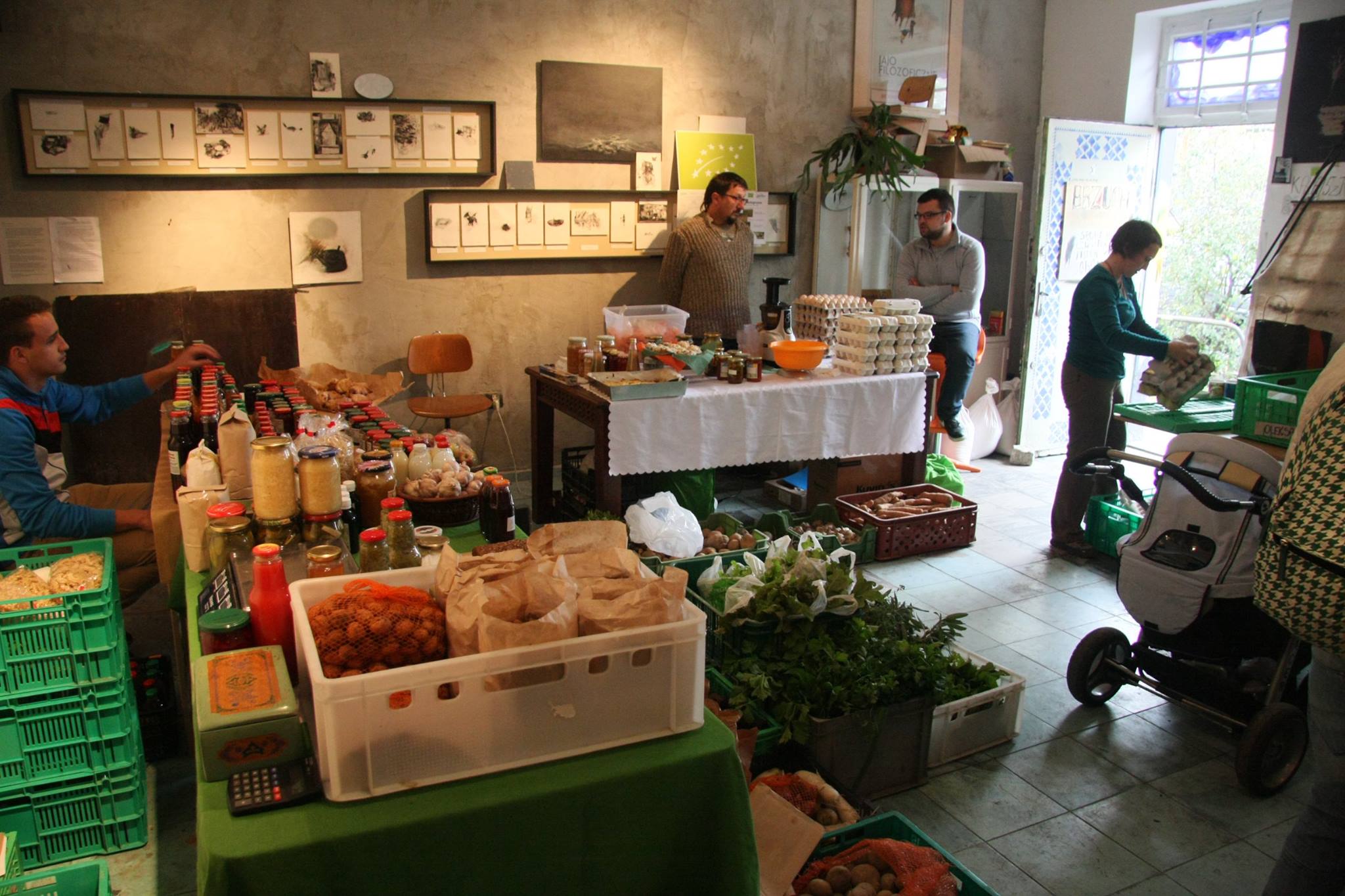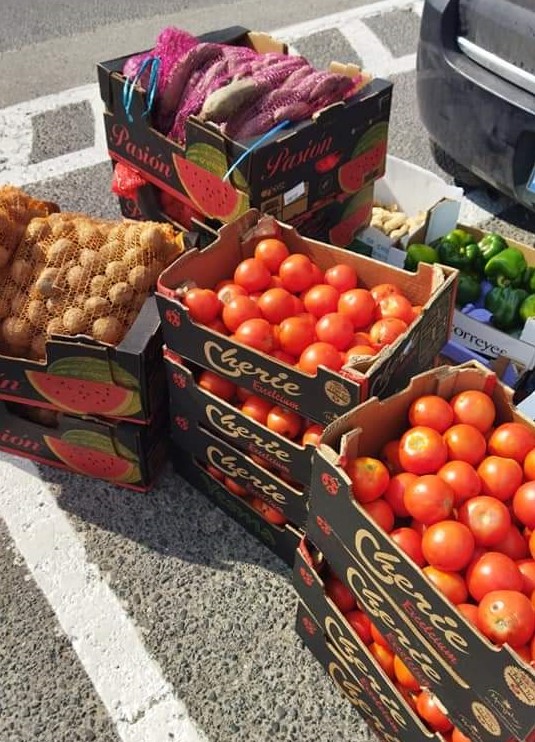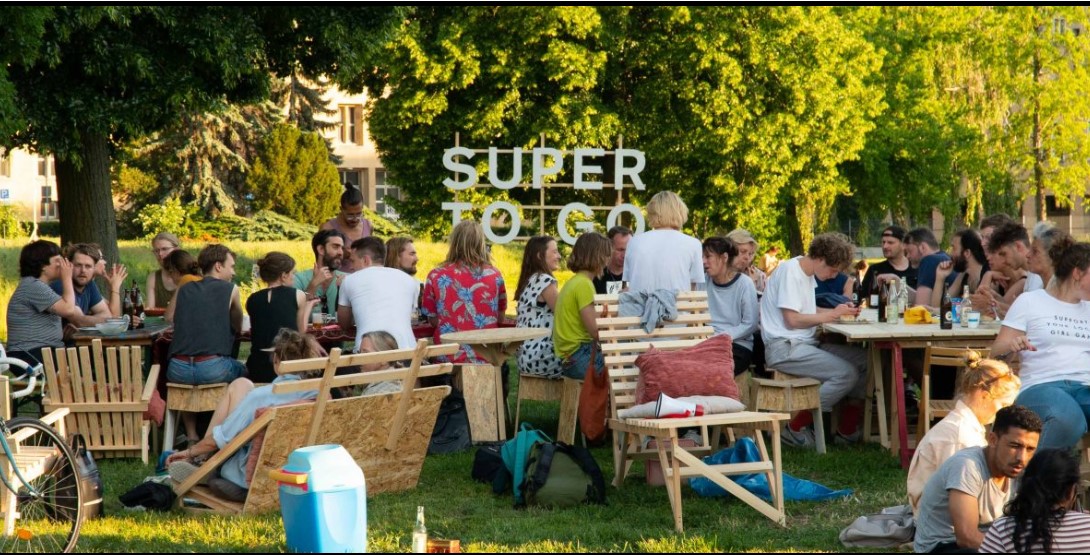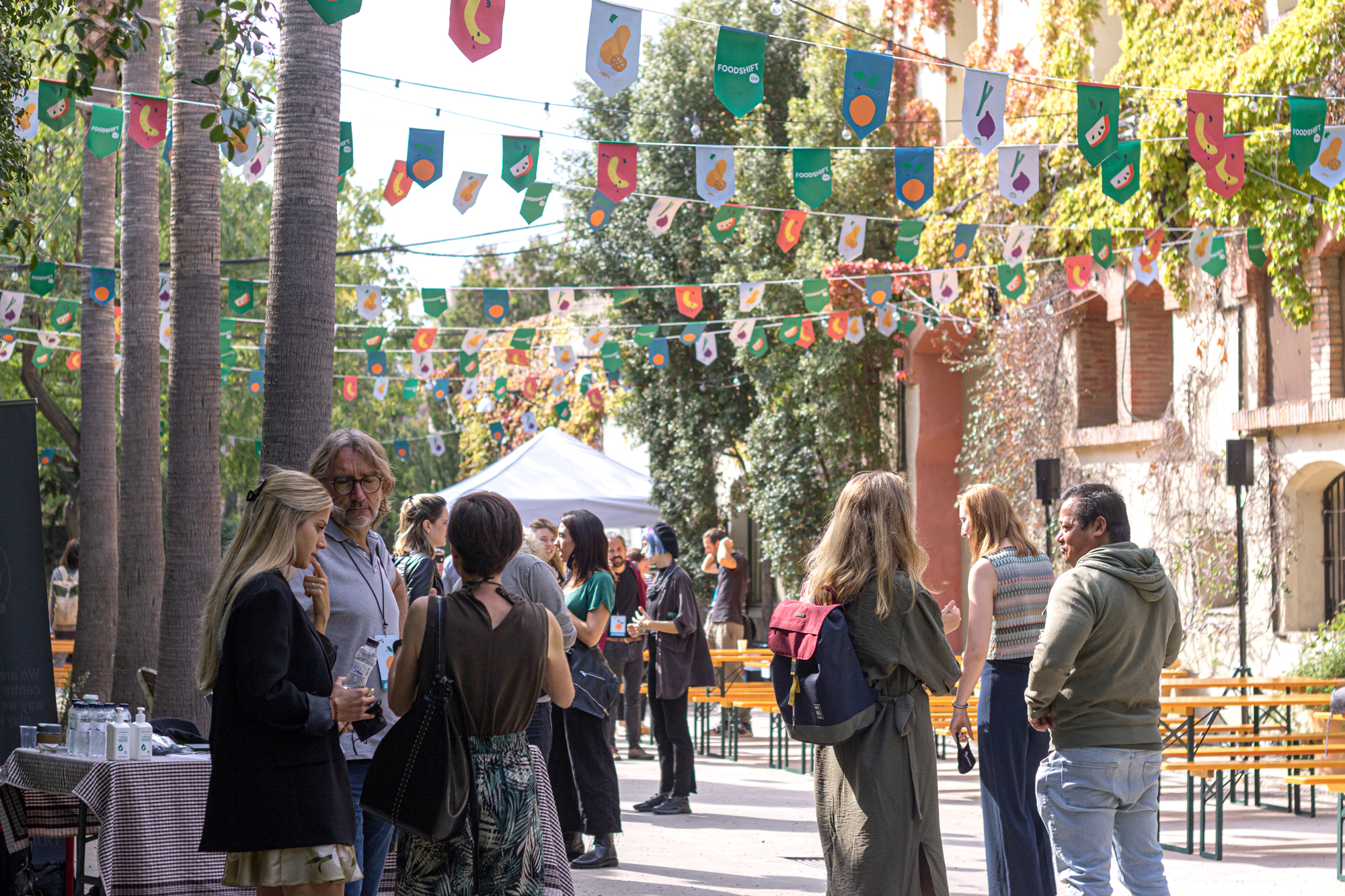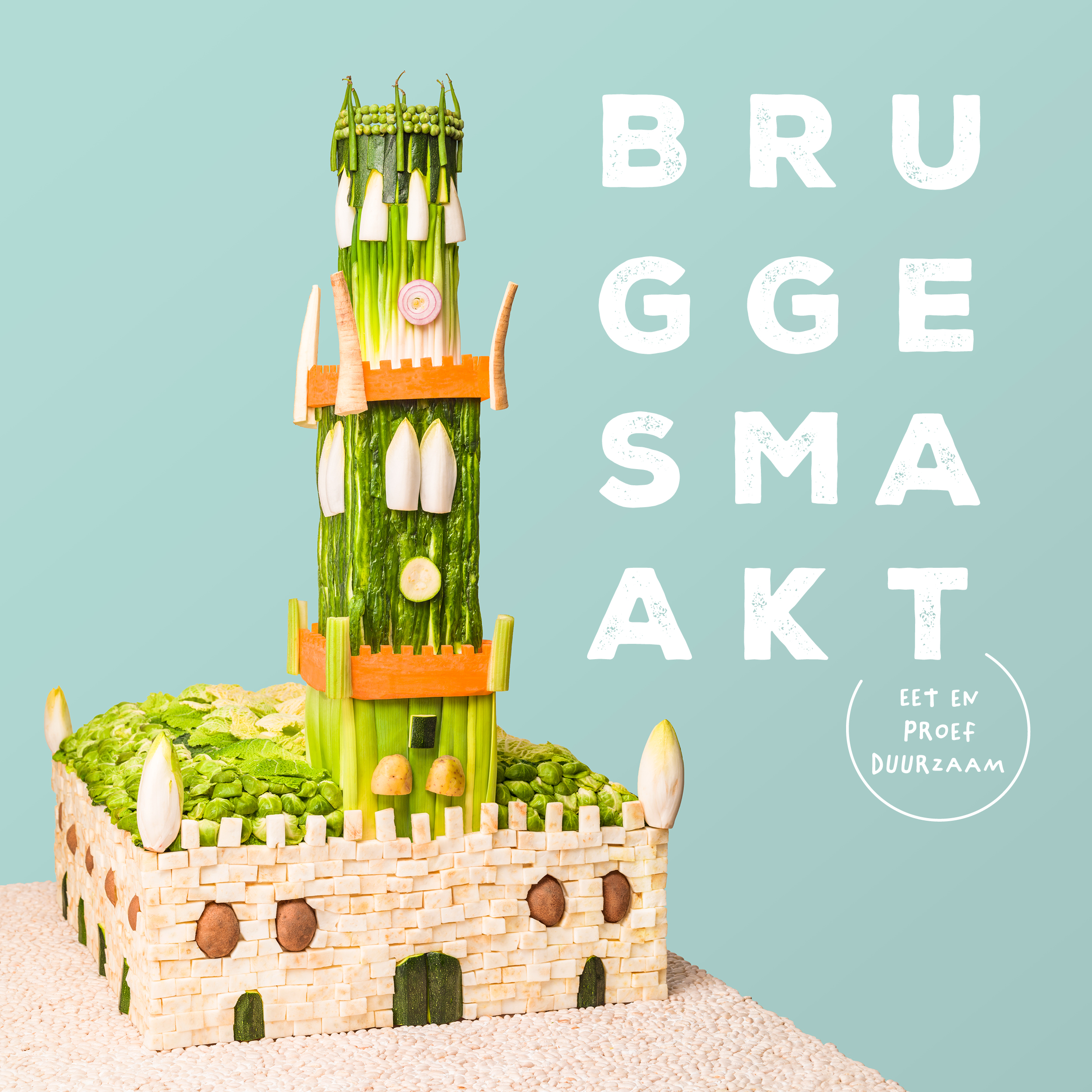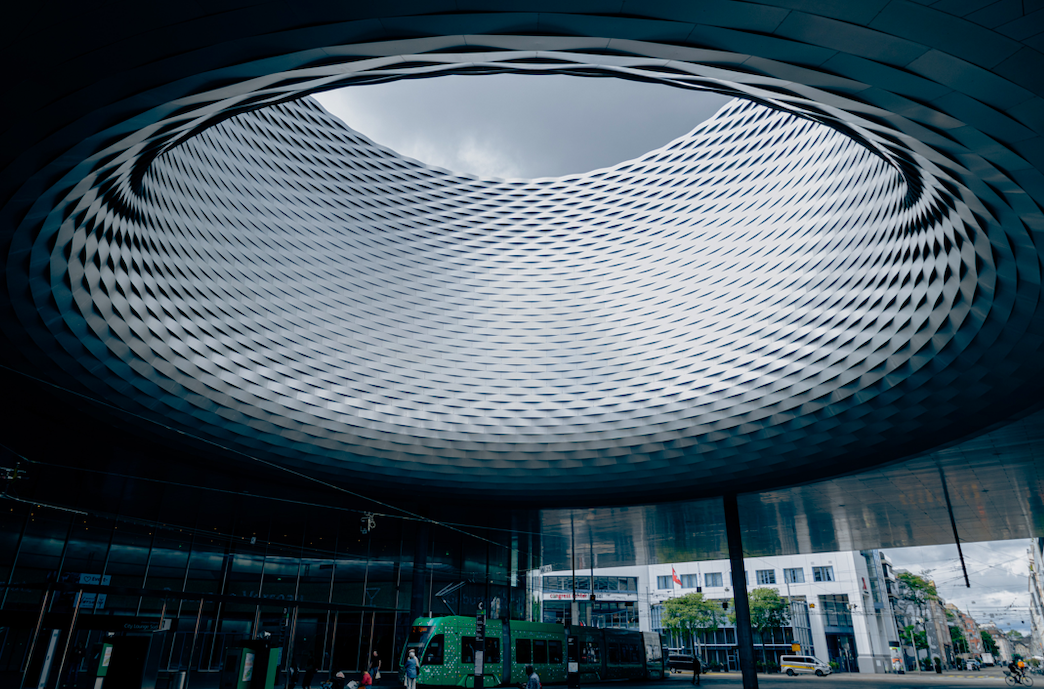Denkwerkstadt Nahrungswandel
01 August 2022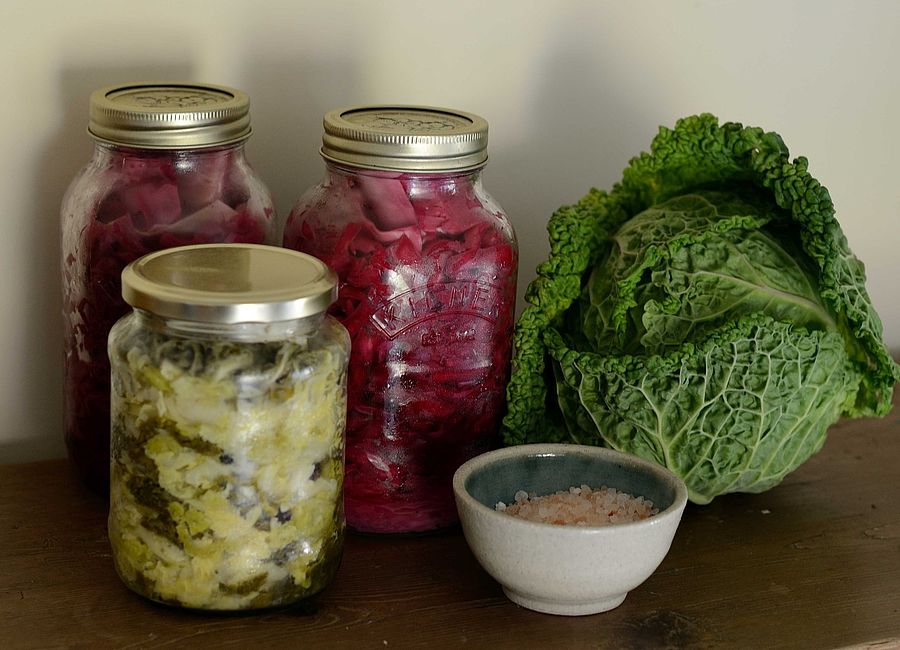
Denkwerkstadt Nahrungswandel
Berlin, Germany
THE INNOVATION:
The people behind Denkwerkstadt Nahrungswandel (DWN) find it frustrating how little society values food and allows food waste on a massive scale. This led to an increased curiosity in fermentation processes as a means to preserve food in a simple, healthy and delicious way and as an encounter with nature and the exciting and beautiful works of microorganisms. This resulted in DWN, a social project offering workshops in fermentation, mushroom growing and other DIY techniques as well as city walks, inquiring how we live and want to live in Berlin. DWN is also collaborating on a number of projects contributing to a sustainable food transition including agroforestry, greening urban environments, and food hub initiatives.
LOOKING AHEAD:
DWN aims to create social and ecological impact through its activities, by engaging and raising awareness among citizens on the topic of food – from soil to sauerkraut. This awareness can sensitize people to the connection between how we treat ourselves and the soil, and to set-up
concrete activities to support the linking of city and agricultural areas (maturing).
More Information:
Website: www.denkwerkstadt-berlin.de
Email: [email protected]
Info about the Innovators and the Innovation portraits Catalogue
FoodSHIFT 2030 aims to launch an ambitious citizen-driven transition of the European food system towards a low carbon circular future, including a shift to less meat and more plant based diets. This transition is necessary in order to address the pressing challenges for food and nutrition security, contribute to the EU commitment of reducing GHG emissions by at least 40% by 2030, and revitalize urban-rural linkages and partnerships.
To do so, it establishes FoodSHIFT Accelerator Labs for maturing, combining, upscaling and multiplying existing food system innovations across nine front-runner city-regions. In turn these innovations contribute to the FoodSHIFT vision.
An Innovation Catalogue called “Innovation Portraits” was created to snapshot each of the Food Innovations connected with each of the FoodSHIFT Accelerator Labs (FALs) across the 9 city regions.
Info about the Innovation Portraits Catalogue
The Innovation Catalogue will snapshot each of the Food Innovations connected with each of the FoodSHIFT Accelerator Labs (FALs) across the 9 city regions. Each FAL has a dedicated innovation focus and each chapter will present innovation cases from a particular FAL. For each of the innovations presented, a snapshot of the innovation concept and purpose will be given, alongside the key impacts the innovation has in relation to the FoodSHIFT Impact Pathways and the acceleration ambitions of the innovation.
In addition, each innovation portrait is also categorized according to its Innovation Dimension. These dimensions indicate what kind of innovation is being presented, and where in the value chain it plays a role. This is indicated by these tabs. The dimensions are defined as follows:
Product – Innovations in this category address new or updated products, including quality, safety and market impact.
Process – These innovations are relevant to new technologies for processing, logistical improvements, infrastructure and new/improved services.
Social – Innovations in this category are relevant to changes in behaviour (e.g. consumers/citizens), development of new relationships and inclusiveness.
Governance – The innovations address policy developments, including food planning, subsidies, taxing, certificates & labelling.
Learn more about all the Innovation portraits: https://foodshift2030.eu/meet-the-people-changing-your-food-system/
